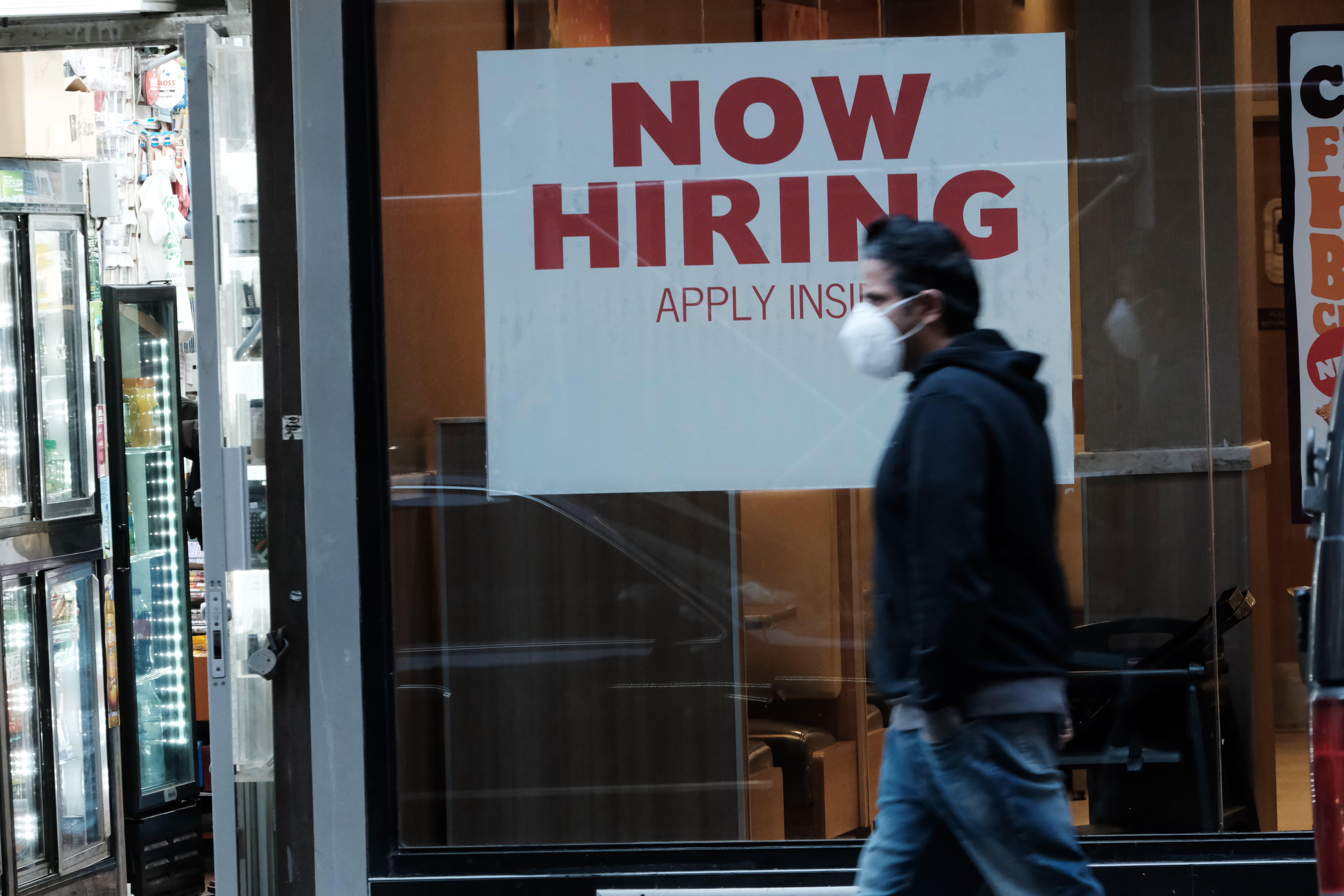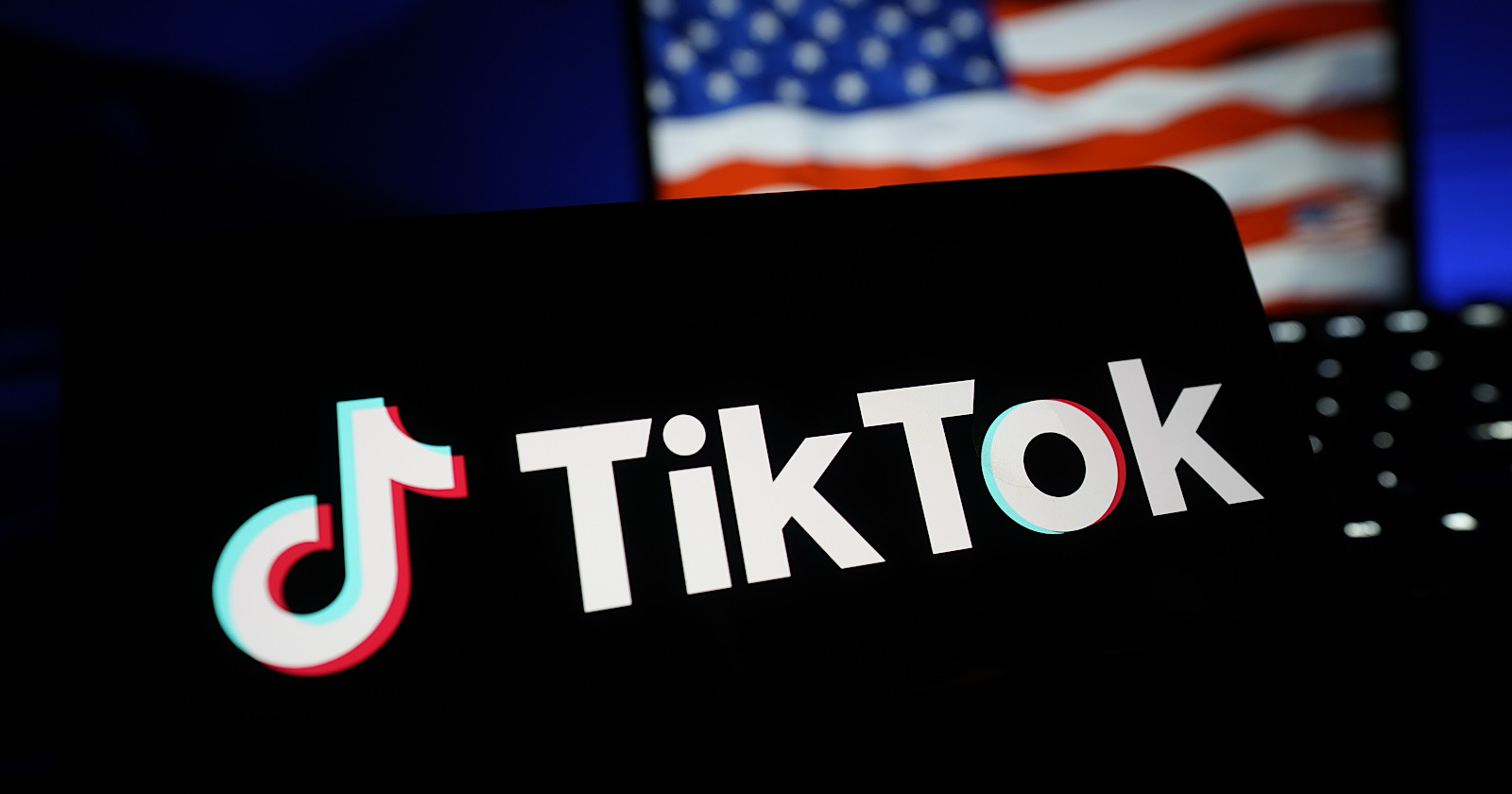U.S. crude oil rebounds more than 2%, trades above $67 a barrel after steep sell-off
Bearish sentiment has overtaken the market as OPEC cuts its demand outlook and traders worry about the amount of oil China needs if its economy remains weak.


U.S. crude oil rebounded more than 2% on Wednesday, regaining some ground after prices closed at the lowest level in nearly three years in the previous session.
Here are Wednesday's energy prices:
West Texas Intermediate October contract: $67.44 per barrel, up $1.69, or 2.6%. Year to date, U.S. crude oil has fallen 5.9%.Brent November contract: $70.76 per barrel, up $1.57, or 2.2%. Year to date, the global benchmark has declined 8.2%.RBOB Gasoline October contract: $1.91 per gallon, up 4 cents, or about 2%. Year to date, gasoline has pulled back 9%.Natural Gas October contract: $2.23 per thousand cubic, little changed. Year to date, gas is down 10.8%.The steep sell-off Tuesday came after OPEC lowered its demand growth outlook for the second time in two months, and as China crude oil imports slow in 2024. Eight OPEC+ member are also expected to increase production in December.
"Traders are anticipating a deteriorating demand outlook in China and also they are anticipating potentially higher supply coming into the market than we have forecasted so far," Claudio Galimberti, an analyst at Rystad Energy, told CNBC's "Squawk Box Asia" on Wednesday.
Some traders are worried about Brent prices heading toward $60 per barrel, but this level of bearishness is unwarranted, Galimberti said. Supply and demand fundamentals point toward stockpiles falling, and prices can only rise if China's economy rebounds and OPEC+ complies with its own production quotas, the analyst said.
"We are still relatively constructive," Galimberti said. "We don't think we're going to see $60 per barrel in a consistent manner for the next three months."

 Kass
Kass 































